Politics and Society in Modern America60
Gary Gerstle, Elizabeth Hinton, Margaret O’Mara, and Julian E. Zelizer, Series Editors
This wide-ranging series in modern U.S. political history presents not only works that represent the best of traditional political history but also those that integrate insights and methodologies of social and cultural history, challenge conventional periodizations, and situate the American political experience in a comparative framework. Learn more about the series, in the editors' words, here.
-

A Choice Outstanding Academic Title of the Year
How the fight for civil rights in America became an important front in the Cold War -

“The best book to explain the world J. D. Vance came from is Max Fraser’s Hillbilly Highway.”—Jessica Wilkerson, author of To Live Here, You Have to Fight: How Women Led Appalachian Movements for Social Justice
-
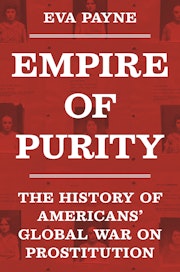
How the US crusade against prostitution became a tool of empire
-

A century-long history of immigrant incarceration in the United States
-
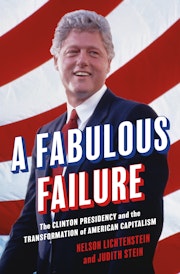
How the Clinton administration betrayed its progressive principles and capitulated to the right
-
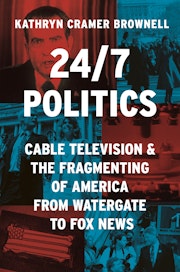
How cable television upended American political life in the pursuit of profits and influence
-
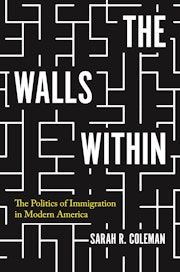
A history of the battles over US immigrants’ rights since 1965—and how these conflicts reshaped access to education, employment, civil liberties, and more
-
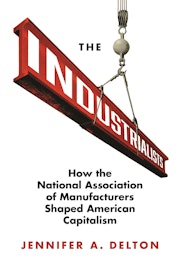
The first complete history of US industry's most influential and controversial lobbyist
-
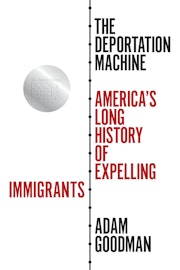
The unknown history of deportation and of the fear that shapes immigrants' lives
-
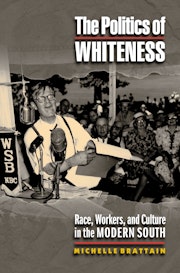
The Politics of Whiteness presents the first sustained analysis of white racial identity among workers in what was the South's largest industry--the textile industry--for much of the twentieth century. Grounding her work in a study of...
-
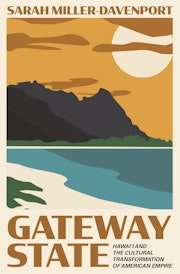
How Hawai'i became an emblem of multiculturalism during its journey to statehood in the mid-twentieth century
-
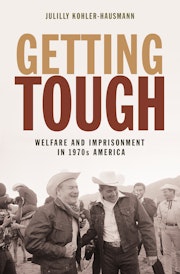
The politics and policies that led to America's expansion of the penal system and reduction of welfare programs
-
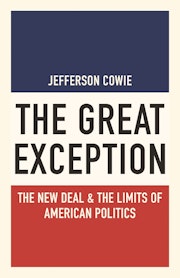
How the New Deal was a unique historical moment and what this reveals about U.S. politics, economics, and culture
-
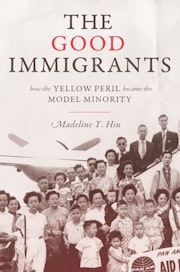
Conventionally, US immigration history has been understood through the lens of restriction and those who have been barred from getting in. In contrast, The Good Immigrants considers immigration from the perspective of Chinese...
-
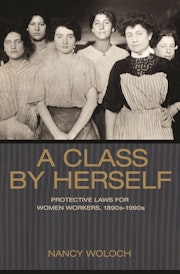
A Class by Herself explores the historical role and influence of protective legislation for American women workers, both as a step toward modern labor standards and as a barrier to equal rights. Spanning the twentieth century, the book...
-
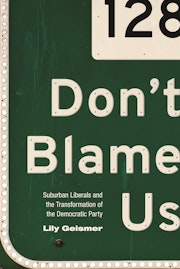
Don't Blame Us traces the reorientation of modern liberalism and the Democratic Party away from their roots in labor union halls of northern cities to white-collar professionals in postindustrial high-tech suburbs, and casts new light...
-
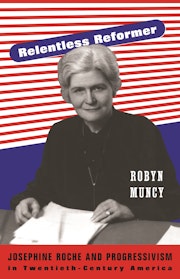
Josephine Roche (1886–1976) was a progressive activist, New Deal policymaker, and businesswoman. As a pro-labor and feminist member of Franklin D. Roosevelt's administration, she shaped the founding legislation of the U.S. welfare...
-
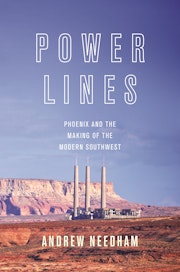
How high energy consumption transformed postwar Phoenix and deepened inequalities in the American Southwest
-
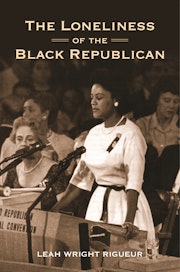
The story of black conservatives in the Republican Party from the New Deal to Ronald Reagan
-
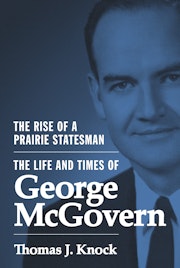
The first major biography of the 1972 U.S. presidential candidate and unsung champion of American liberalism
-
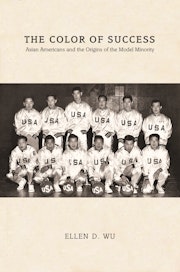
The Color of Success tells of the astonishing transformation of Asians in the United States from the "yellow peril" to "model minorities"--peoples distinct from the white majority but lauded as well-assimilated, upwardly mobile, and...
-
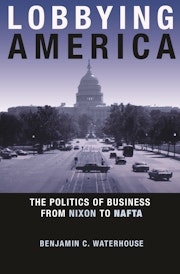
Lobbying America tells the story of the political mobilization of American business in the 1970s and 1980s. Benjamin Waterhouse traces the rise and ultimate fragmentation of a broad-based effort to unify the business community and...
-
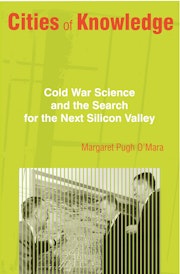
What is the magic formula for turning a place into a high-tech capital? How can a city or region become a high-tech powerhouse like Silicon Valley? For over half a century, through boom times and bust, business leaders and politicians...
-
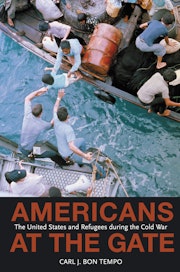
Unlike the 1930s, when the United States tragically failed to open its doors to Europeans fleeing Nazism, the country admitted over three million refugees during the Cold War. This dramatic reversal gave rise to intense political and...
-
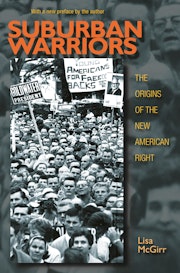
In the early 1960s, American conservatives seemed to have fallen on hard times. McCarthyism was on the run, and movements on the political left were grabbing headlines. The media lampooned John Birchers's accusations that Dwight...
-
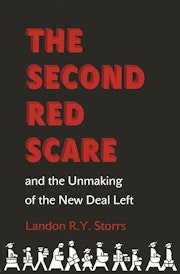
How Red Scare politics undermined the reform potential of the New Deal
-
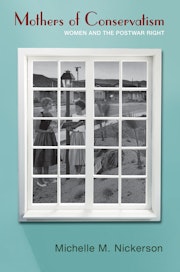
Mothers of Conservatism tells the story of 1950s Southern Californian housewives who shaped the grassroots right in the two decades following World War II. Michelle Nickerson describes how red-hunting homemakers mobilized activist...
-
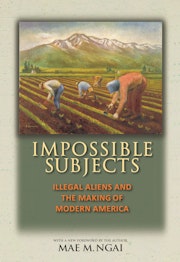
This book traces the origins of the "illegal alien" in American law and society, explaining why and how illegal migration became the central problem in U.S. immigration policy—a process that profoundly shaped ideas and practices about...
-
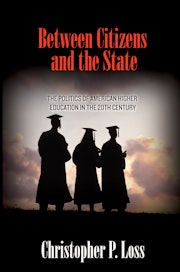
This book tracks the dramatic outcomes of the federal government's growing involvement in higher education between World War I and the 1970s, and the conservative backlash against that involvement from the 1980s onward. Using...
-
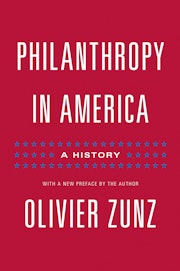
How philanthropy has shaped America in the twentieth century
-
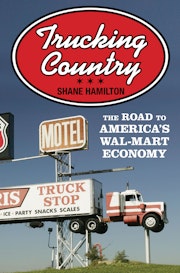
Trucking Country is a social history of long-haul trucking that explores the contentious politics of free-market capitalism in post-World War II America. Shane Hamilton paints an eye-opening portrait of the rural highways of the...
-
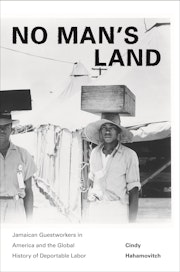
From South Africa in the nineteenth century to Hong Kong today, nations around the world, including the United States, have turned to guestworker programs to manage migration. These temporary labor recruitment systems represented a...
-
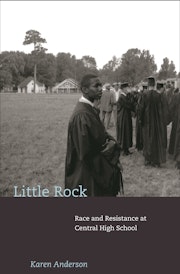
A political history of the most famous desegregation crisis in America
-
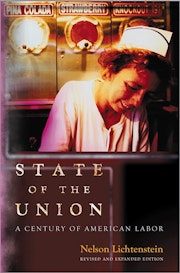
In a fresh and timely reinterpretation, Nelson Lichtenstein examines how trade unionism has waxed and waned in the nation's political and moral imagination, among both devoted partisans and intransigent foes. From the steel foundry to...
-
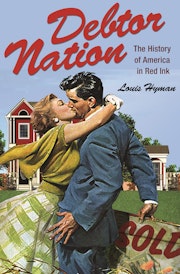
The story of personal debt in modern America
-
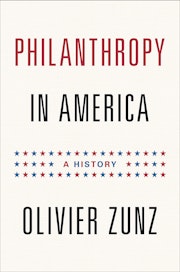
How philanthropy has shaped America in the twentieth century
-
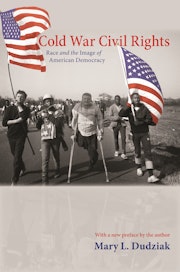
In 1958, an African-American handyman named Jimmy Wilson was sentenced to die in Alabama for stealing two dollars. Shocking as this sentence was, it was overturned only after intense international attention and the interference of an...
-
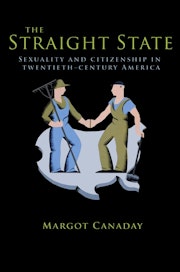
How the government enforced sex and gender conformity and relegated gays to second-class citizenship
-
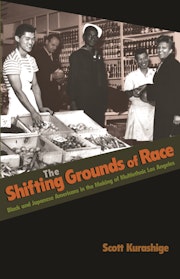
Los Angeles has attracted intense attention as a "world city" characterized by multiculturalism and globalization. Yet, little is known about the historical transformation of a place whose leaders proudly proclaimed themselves white...
-
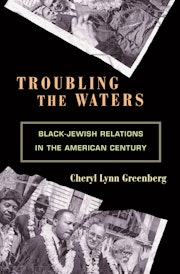
Was there ever really a black-Jewish alliance in twentieth-century America? And if there was, what happened to it? In Troubling the Waters, Cheryl Greenberg answers these questions more definitively than they have ever been answered...
-
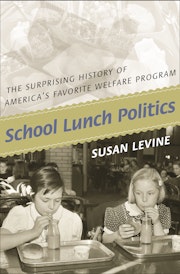
Whether kids love or hate the food served there, the American school lunchroom is the stage for one of the most popular yet flawed social welfare programs in our nation's history. School Lunch Politics covers this complex and...
-
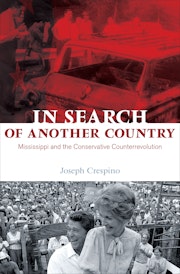
In the 1960s, Mississippi was the heart of white southern resistance to the civil-rights movement. To many, it was a backward-looking society of racist authoritarianism and violence that was sorely out of step with modern liberal...
-
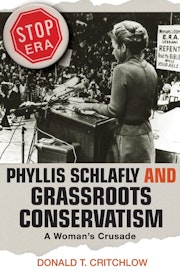
Longtime activist, author, and antifeminist leader Phyllis Schlafly is for many the symbol of the conservative movement in America. In this provocative new book, historian Donald T. Critchlow sheds new light on Schlafly's life and on...
-
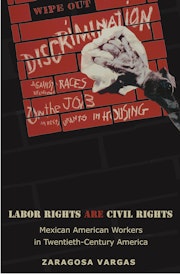
In 1937, Mexican workers were among the strikers and supporters beaten, arrested, and murdered by Chicago policemen in the now infamous Republic Steel Mill Strike. Using this event as a springboard, Zaragosa Vargas embarks on the first...
-
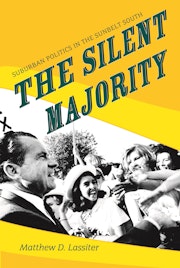
Suburban sprawl transformed the political culture of the American South as much as the civil rights movement did during the second half of the twentieth century. The Silent Majority provides the first regionwide account of the...
-
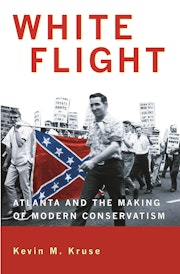
The forgotten story of how southern white supremacy and resistance to desegregation helped give birth to the modern conservative movement
-
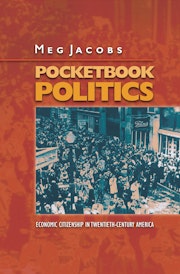
"How much does it cost?" We think of this question as one that preoccupies the nation's shoppers, not its statesmen. But, as Pocketbook Politics dramatically shows, the twentieth-century American polity in fact developed in response to...
-
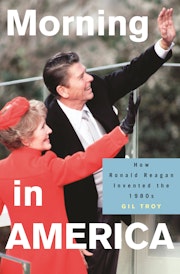
Did America's fortieth president lead a conservative counterrevolution that left liberalism gasping for air? The answer, for both his admirers and his detractors, is often "yes." In Morning in America, Gil Troy argues that the Great...
-

On November 4, 1979, Iranian militants stormed the United States Embassy in Tehran and took sixty-six Americans captive. Thus began the Iran Hostage Crisis, an affair that captivated the American public for 444 days and marked America's...
-
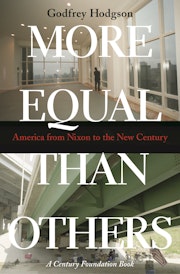
During the past quarter century, free-market capitalism was recognized not merely as a successful system of wealth creation, but as the key determinant of the health of political and cultural democracy. Now, renowned British journalist...
-
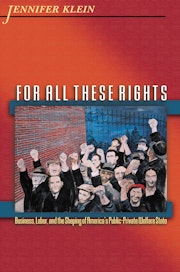
The New Deal placed security at the center of American political and economic life by establishing an explicit partnership between the state, economy, and citizens. In America, unlike anywhere else in the world, most people depend...
-
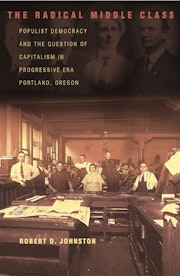
America has a long tradition of middle-class radicalism, albeit one that intellectual orthodoxy has tended to obscure. The Radical Middle Class seeks to uncover the democratic, populist, and even anticapitalist legacy of the middle...
-
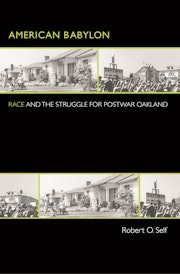
A gripping portrait of black power politics and the struggle for civil rights in postwar Oakland
-
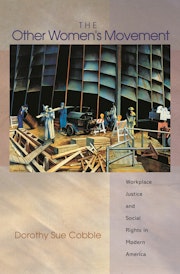
American feminism has always been about more than the struggle for individual rights and equal treatment with men. There's also a vital and continuing tradition of women's reform that sought social as well as individual rights and...
-
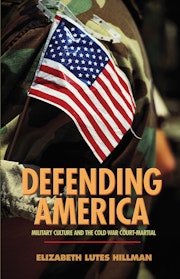
From going AWOL to collaborating with communists, assaulting fellow servicemen to marrying without permission, military crime during the Cold War offers a telling glimpse into a military undergoing a demographic and legal...
-
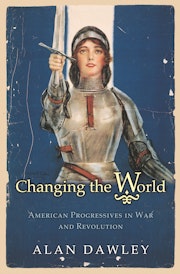
In May of 1919, women from around the world gathered in Zurich, Switzerland, and proclaimed, "We dedicate ourselves to peace!" Just months after the end of World War I, the Womens International League for Peace and Freedom--a group led...
-
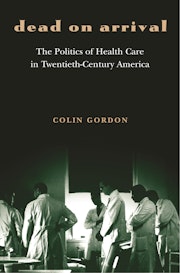
Why, alone among industrial democracies, does the United States not have national health insurance? While many books have addressed this question, Dead on Arrival is the first to do so based on original archival research for the full...
-
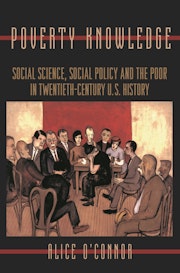
Progressive-era "poverty warriors" cast poverty in America as a problem of unemployment, low wages, labor exploitation, and political disfranchisement. In the 1990s, policy specialists made "dependency" the issue and crafted incentives...
-
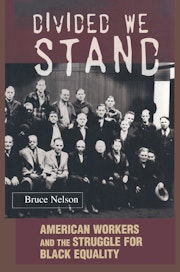
Divided We Stand is a study of how class and race have intersected in American society--above all, in the "making" and remaking of the American working class in the nineteenth and twentieth centuries. Focusing mainly on longshoremen in...
-
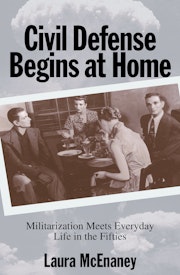
Dad built a bomb shelter in the backyard, Mom stocked the survival kit in the basement, and the kids practiced ducking under their desks at school. This was family life in the new era of the A-bomb. This was civil defense. In this...